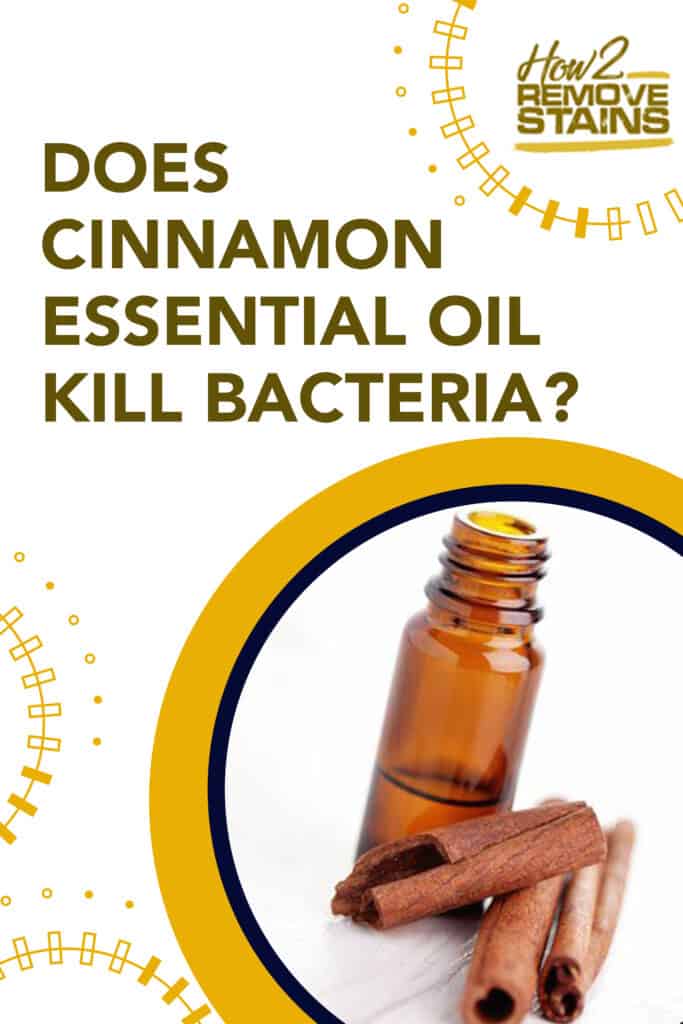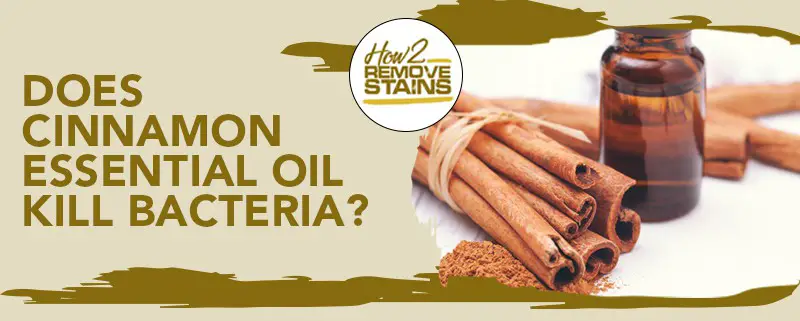Like many essential oils, cinnamon has proven to be incredibly beneficial, not only due to its distinct aroma but also for its antiseptic properties. Cinnamon oil can be used to make your own DIY concoctions that you can integrate this into your cleaning and hygiene rituals.
Thie Covid-19 pandemic has led to better awareness of our health, especially with the things that we come in contact with in our day-to-day lives. We have increasingly become more conscious of the existence of germs, bacteria, and viruses that can harm our bodies.
Many people are beginning to look to alternative natural ingredients for their health and cleaning needs. This may be because they don’t want to build a tolerance towards certain drugs, or they are avoiding being exposed to strong chemicals that could harm our vital organs.
The rise of alternative and organic cleaning remedies has become more common and mainstream on recent years. Essential oils have been experiencing a hug growth in popularity. One effective essential oil is cinnamon, which has become prominent because of its antibacterial properties.
Table of Contents
What can cinnamon do?
Essential oils play an important role as ingredients of both sanitizing and cosmetic products, but cinnamon is one of the oils that some claim is as effective as hospital antiseptic. Some studies even show that solutions that included an adequate amount of cinnamon in them can target infectious bacteria, even those that have proven to be resistant to antibiotics.
You should never only self-treat your illnesses with essential oils. Make sure you see a doctor for proper diagnoses and prescription medication when necessary.
To learn more about cleaning with cinnamon and other essential oils, check out this article: How well does cleaning with essential oils work?
A little backstory
For some quick historical context, cinnamon oil was used way back in the Medieval ages, around the time of the Bubonic Plague. It was one of the key ingredients in the solution used by thieves to protect them as they stole valuables from those that were infected.
This concoction was a blend of other natural botanical ingredients, including eucalyptus and garlic. It was used as a rubbing oil, and a sanitizer to ensure that the plague didn’t get rubbed off on them. This remedy was effective for them, and cinnamon oil is still used today. This approach was eventually integrated into aromatherapy, soaps, shampoos, and other disinfectants.
DIY with cinnamon
Given its cleaning properties and distinct warm and spicy smell, you can make all sorts of products with cinnamon oil from the comfort of your own home, using only household materials.
Follow this fun and simple guide for making a cinnamon cleaning spray that will be beneficial to your daily life.
How to make a cinnamon oil cleaning spray
This anti-bactericidal solution can be used to replace many toxic chemical cleaners that are commercially available. It’s ecofriendly, practical, and will significantly eliminate the harm traditional cleaning products can have on your skin or respiratory system.
You will need the following:
- 8 oz. of distilled water
- 8 oz. of distilled white vinegar
- 10 – 20 drops of cinnamon oil (depending on how strong you want the scent to be)
- A spray or spritz bottle
Follow these steps:
- Mix equal amounts of distilled water and distilled white vinegar.
- Give the vinegar at least 5 minutes to mix with the water.
- Add in the drops of cinnamon oil. Around 15 drops are recommended, but you can reduce and add as you please. You can include other essential oils with antiseptic properties into the concoction as well, including eucalyptus, rosemary, lavender, tangerine, or lemon.
- Shake well to fully mix the ingredients.
- Leave the solution for 5 to 10 minutes to settle.
- Spray the surface you would like to clean and let it sit for 5 minutes before you wipe it away.
Maximizing its effectiveness
Studies show that cinnamon oil takes a little while to start disinfecting an area, so there should be an estimated 5-minute time for the substance to be left on the surface before wiping it away. This will help the cinnamon oil have more antifungal, antiviral, and antibacterial benefits.
There is even some evidence to suggest that at this point, cinnamon oil could be strong enough to eliminated strains of E. coli on your countertops or other surfaces.
Take note that the distilled water base reduces the growth and multiplying of microbes in the solution, while the vinegar acts as the catalyst to speed up the disinfecting effect of the cinnamon oil.
Be careful when spraying the solution on stone, wood, or plastic surfaces that are sensitive to acidic substances. Make sure to rinse is away with clean water when you’re finsihed.
In addition to cleaning spray, you can also use cinnamon oil to make your own sanitizers, body butter, and soap. You can also blend your own scents using other essential oils, too.
Frequently asked questions about cinnamon oil
Are cinnamon sprays safe to use?
Considering that the purpose of these sprays, whether they are DIY or commercially made, is to disinfect, it means that they shouldn’t be in contact with your skin directly. Any exposure could lead to irritation on the skin.
Another thing to remember is to wipe off the excess solution and dry off the surface to avoid any discolorations or pigmentation.
What other essential oils work best with cinnamon?
In terms of smell and antiseptic properties, you can include eucalyptus, peppermint, lemongrass, lemon, lavender, citronella, and orange. Always test the smells with swabs before pouring in the drops into the mixture to be sure you like the blend.
Is cinnamon poisonous to dogs?
Some essential oils can be an allergen to dogs, and cinnamon is certainly one of them. Because cinnamon can be harmful to dogs, we suggest you opt for other antiseptic oils if you have a pet indoors.
Final thoughts
While commercial products may seem like the easiest solution when it comes to cleaning, cinnamon oil is a strong contender. Making your own cinnamon oil cleaner is not only affordable and convenient, but it also smells good. There is evidence of cinnamon essential oil being able to kill bacteria, so it may be a good way to keep your home clean and safe.


